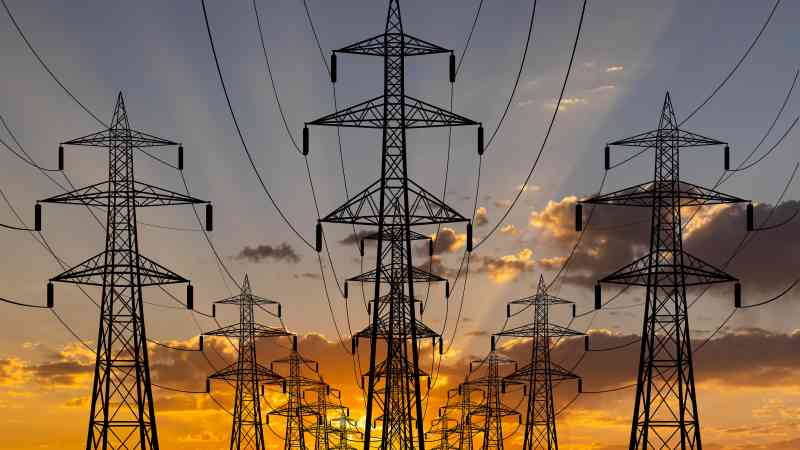A record increase to the government’s price cap on energy bills will affect at least three quarters of all British households after seven million customers moved on to tariffs covered by the policy.
The number of households covered by the energy price cap has soared to about 22 million, up from 15 million in August, the energy regulator told The Times.
Millions of households have opted to roll on to default standard variable tariffs that are covered by the cap when their previous fixed-price deals have ended, because there are no longer any cheaper fixed deals on offer. Standard variable tariffs are capped at £1,277 a year for a typical household until April, while most fixed tariffs now cost at least £2,000 a year after a surge in wholesale gas and electricity costs.
Up to 2.3 million households have also been moved on to standard variable tariffs over the past six months because their energy suppliers have gone bust, often after selling them unsustainably cheap deals that lapsed when the companies failed.
The leap in the number of customers on price-capped tariffs increases the imperative for ministers to find a way of easing a looming increase in the level of the cap, which is forecast to rise by about 50 per cent to as much as £2,000 a year from April.
An announcement on April’s increase is due from Ofgem on February 7 and the cap will be updated again in October when it is forecast to rise to £2,400 a year.
Emma Pinchbeck, chief executive of Energy UK, which represents suppliers, said it would be “untenable” for the government to fail to act.
• Comment: Our energy market was designed to fail
The influx of customers to standard tariffs has also increased the financial strain on energy companies, which say the price cap is forcing them to sell to these customers at a loss of as much as £600 a year.
The cap is set using historical wholesale prices on the assumption energy companies buy gas and electricity for standard tariff customers many months in advance. By contrast, fixed deals typically reflect present wholesale prices.
This means there is a delay in passing on wholesale price changes to standard tariff customers under the cap. Pinchbeck said that wholesale prices would probably ease slightly in the spring and warned this would mean that “our bills are going to go up in the UK as the global gas price falls”, which she said would create an “enormous challenge” politically.
Ministers are still considering a range of options to ease the pain of rising bills including reductions in taxes or environmental levies, or targeted help for poorer households.
